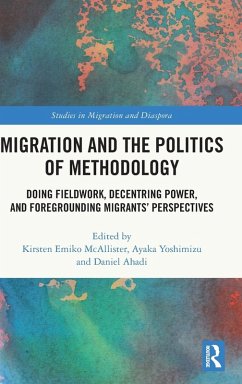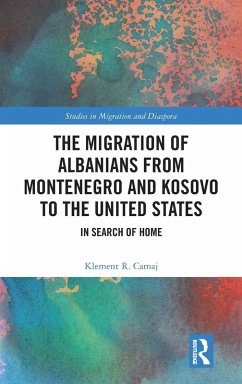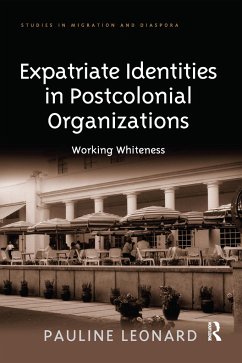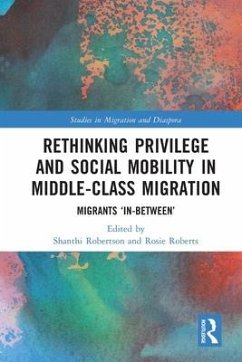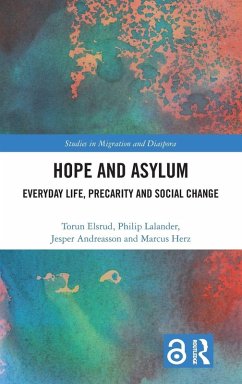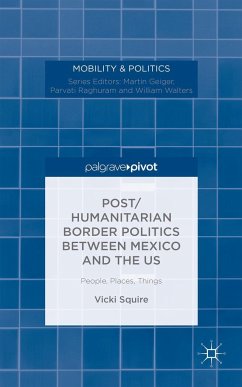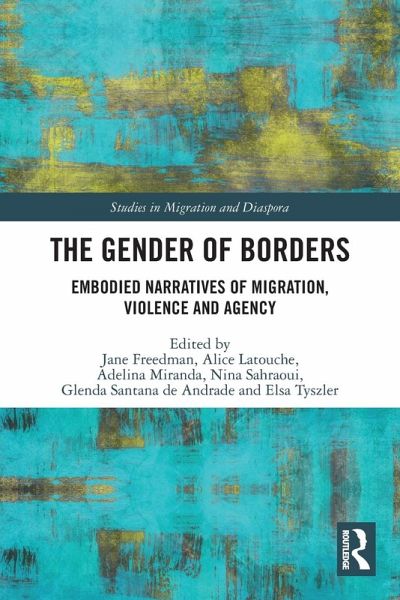
The Gender of Borders
Embodied Narratives of Migration, Violence and Agency
Herausgegeben: Freedman, Jane; Latouche, Alice; Miranda, Adelina; Sahraoui, Nina; Santana de Andrade, Glenda; Tyszler, Elsa
Versandkostenfrei!
Versandfertig in 6-10 Tagen
38,99 €
inkl. MwSt.

PAYBACK Punkte
19 °P sammeln!
This book brings an intersectional perspective to border studies, drawing on case studies from across the world to consider the ways in which notably gender and race dynamics change the ways in which people cross international borders, and how diffuse and virtual borders impact on migrants' experiences.By bringing together 11 ethnographies, the book demonstrates the necessity for in-depth empirical research to understand the class, gender and race inequalities that shape contemporary borders. In doing so the volume sheds light on how migration control produces gendered violence at physical bor...
This book brings an intersectional perspective to border studies, drawing on case studies from across the world to consider the ways in which notably gender and race dynamics change the ways in which people cross international borders, and how diffuse and virtual borders impact on migrants' experiences.
By bringing together 11 ethnographies, the book demonstrates the necessity for in-depth empirical research to understand the class, gender and race inequalities that shape contemporary borders. In doing so the volume sheds light on how migration control produces gendered violence at physical borders but also through the politics of vulnerability across borders and social boundaries. It places embodied narratives at the heart of the analysis which sheds light on the agency and the many patterns of resistance of migrants themselves.
As such, it will appeal to scholars of migration and diaspora studies with interests in gender.
By bringing together 11 ethnographies, the book demonstrates the necessity for in-depth empirical research to understand the class, gender and race inequalities that shape contemporary borders. In doing so the volume sheds light on how migration control produces gendered violence at physical borders but also through the politics of vulnerability across borders and social boundaries. It places embodied narratives at the heart of the analysis which sheds light on the agency and the many patterns of resistance of migrants themselves.
As such, it will appeal to scholars of migration and diaspora studies with interests in gender.





